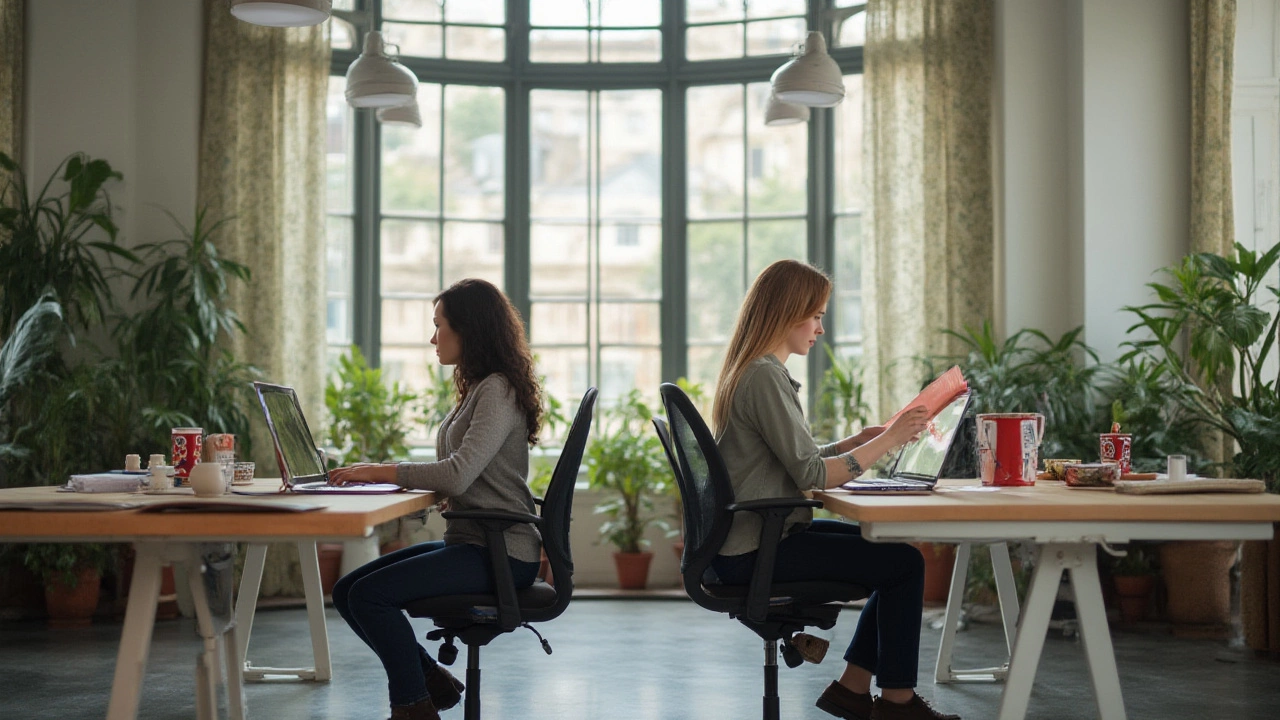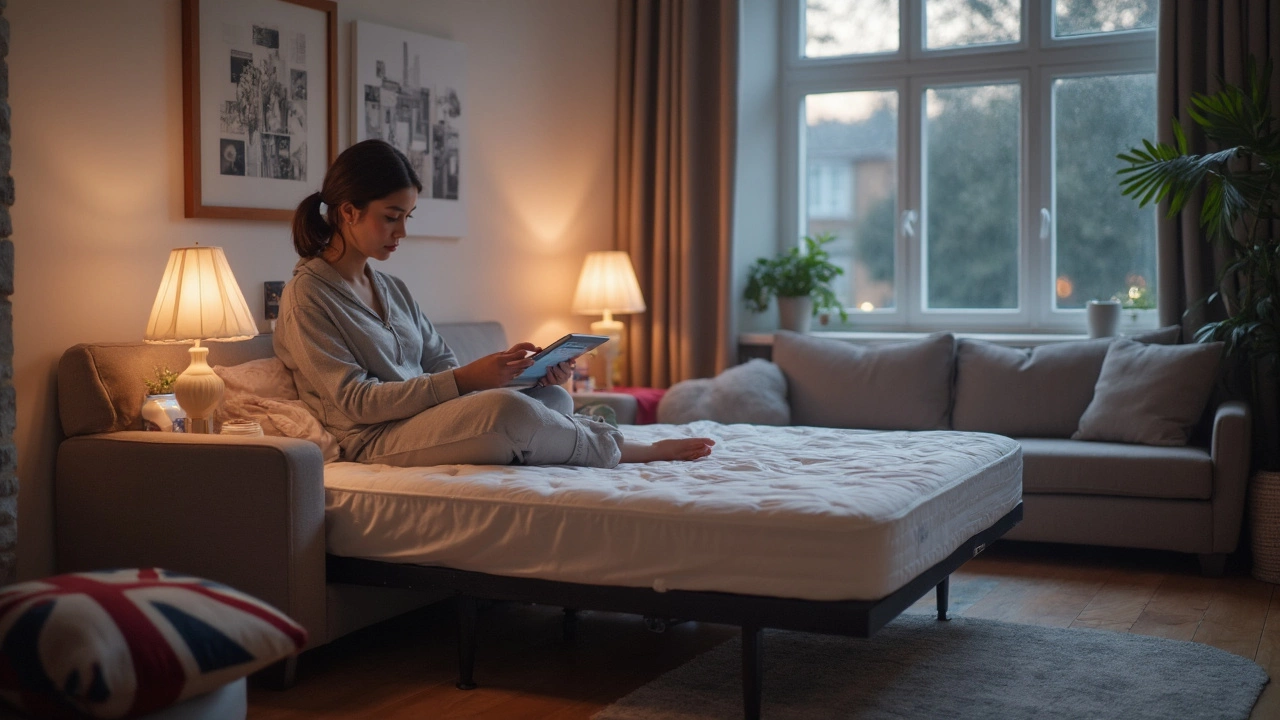Back Pain Relief: Furniture Tips You Can Use Today
If your back aches after a day on the sofa or at your desk, the cure might be right in your living room. The right chair, sofa frame, or TV setup can make a huge difference. Below are down‑to‑earth ideas you can start using right now to stop that nagging pain.
Pick Seats That Support Your Spine
Most sofas are built for looks, not for long‑term comfort. Look for a solid hardwood frame and high‑density foam cushions – they keep the seat from sinking and reduce pressure on your lower back. Leather or tightly woven fabric isn’t just stylish; it often means the cushion holds its shape longer.
If you spend hours at a computer, ditch the hard office chair for a more active option. A yoga ball, standing desk, or kneeling chair forces you to engage core muscles and keeps the spine in a neutral position. The goal is to avoid staying in one static posture for too long.
Arrange Your Space to Keep the Spine Aligned
How far your sofa sits from the TV matters. A couch too close forces you to hunch, while a couch too far makes you lean forward. Aim for a distance that’s about 1.5 to 2.5 times the screen’s diagonal. This keeps your neck and back in a relaxed line.
When you add a coffee table, choose a height that matches the top of your sofa’s armrests. A table that’s too low or too high throws your shoulders out of alignment each time you reach for a drink. If you love a rug under the table, make sure the rug’s edge is at least a few inches beyond the table to prevent trips and uneven foot placement.
Bookshelves and tall cabinets can double as back‑supporting tools. Placing a sturdy bookshelf at a comfortable eye level gives you a place to rest a book or a tablet without leaning forward. Just keep the piece anchored to the wall – a wobbling shelf can cause sudden twists that strain the back.
Finally, remember to move. Even the most ergonomic sofa can’t replace a short walk or stretch. Stand up every 30 minutes, roll your shoulders, and do a few seated cat‑cow stretches. These micro‑breaks keep blood flowing and muscles from locking up.
Back pain doesn’t have to be a daily habit. By choosing supportive furniture, setting up your living room with smart distances, and adding quick movement breaks, you can enjoy your home without the ache. Try one tip this week and notice the change – your spine will thank you.
Optimal Desk Height: Should You Sit Higher or Lower for Better Ergonomics?
Discover if sitting lower or higher at your desk benefits your health and productivity. Learn science-backed facts and practical tips for perfect desk setup.
MoreBest Office Chair for All-Day Sitting: What Actually Works?
Sitting for hours at a desk can ruin your back if you don’t have the right chair. This article cuts through the hype to explain which office chair features are actually worth your money. Get real advice on how to pick a chair that keeps you comfortable and focused all day. Learn which mistakes to avoid and what to look for if you care about your health (and your productivity). The right chair isn’t just a luxury—it’s a real game changer.
MoreAre Sofa Beds Healthy? The Real Science Behind Sleeping on a Sofa Bed
Not sure if sleeping on a sofa bed is actually good for you? This article breaks down what makes sofa beds healthy or not, including how they affect your back, sleep quality, and posture. Get tips for picking and using a sofa bed that won't mess with your health. Forget myths—you'll get honest, research-driven answers to find out how to make sofa beds work for your body.
MoreWhat Recliner Does Chiropractor Recommend? Honest Advice for Real Relief
Curious about what kind of recliner a chiropractor would actually suggest? This article digs into the basics of ergonomic recliners, explains why your back needs proper support, and highlights features that chiropractors swear by. You'll get tips on what to look for before you spend big on a new chair and learn a few things that can make a huge difference in how comfy you feel at home. If you're tired of guessing and want real answers that help, keep reading.
More



